Film and TV production grounded to a halt as shelter-in-place orders went into effect in March. While the future of an industry relying on close contact and intimacy for powerful storytelling hung in the balance, Joanna Johnson, co-creator and executive producer of the pioneering LGBTQ+ show Good Trouble and an executive producer of The Fosters, leaped into action with a show about connection during isolation.
By May 1, she had the green light for Love in the Time of Corona, an of-the-moment four-part series that encapsulates the anxieties, isolation, and reconnection with loved ones that defined the early days of the pandemic. Even as she was carving a path of pure innovation in terms of how to make TV or film amid a pandemic, knowing that telling socially relevant stories is also the future of Hollywood, in Love in the Time of Corona, she deftly telegraphed the lead-up to the worldwide outcry against police brutality toward Black people and systemic racism that would occur a few months into quarantine.
"It's the fastest from pitch to completion, I think probably, in anything. I think that we definitely set a record," Johnson tells The Advocate about the production that took about over two months from Freeform giving the go-ahead to the end of shooting in mid-July. The series premiered in August.
Johnson's inspiration for Love in the Time of Corona occurred early in quarantine while she was sheltering in place with her wife and kids. She began to hear stories of people meeting and dating over Zoom.
"The trick was, I had about eight stories in mind and I knew I wasn't going to tell all of them. But what we had to do is back into them by casting first," Johnson says. "We had everybody call agents and say, 'Who are clients quarantining together?' We also did research online, who are couples, who are friends, who were sisters [quarantining together]?"

Joanna Johnson
Johnson and her writers leaned into LGBTQ+ identity and issues affecting Black lives. One story focuses on characters played by Hamilton's Leslie Odom Jr. and his wife, Nicolette Robinson, who consider having another baby while quarantining. That is, until the shooting of a Black man, Ahmaud Arbery, by racists gives Odom's character James pause about having another child.
"When George Floyd was murdered and these protests, this rebellion, and this reckoning happened, I talked to the network," Johnson says. "I was like, 'I don't know how to make this show and ignore this part of quarantine,' which has been incredibly profound."
Meanwhile, real-life friends Tommy Dorfman, who is nonbinary, and Rainey Qualley play Oscar and Elle, friends who are coping with Oscar falling for a man he meets video dating while they also sort through the love they share for each other that's heightened in lockdown.
In another story, L. Scott Caldwell as James's mother hopefully plans her 50th anniversary even as her husband is in a care facility with signs of dementia. Married couple Gil Bellows and Rya Kihlstedt, and their daughter Ava Bellows, round out the central stories in a tale about a separated couple who reconcile after quarantining together as a family.

Tommy Dorfman
Once casting was in place and the writers broke the stories, it came down to small crews in full personal protective equipment at each location.
"We were all in the yard or out on the street, outside their houses," Johnson explains. "What we were able to do is that they would open the door, we would lift the camera into their house, we'd wipe it all down. Then they each had somebody they were quarantining with who was kind of the [production assistant] who helped the actors and rolled the camera in. We'd say, 'Put the camera here, please.' Other things we could do remotely... It was actually, oddly, incredibly intimate, because it was such a small footprint and such a small crew and they were in people's houses and we were dealing with intimate stories and not 100 extras. I enjoyed it a lot. I enjoyed that process."
Johnson emphasizes that the way forward must include stories of marginalized people.
"We're in a time where there is greater attention being paid to diversity of all kinds. Not just representation in front of the camera, but behind the camera as well," Johnson says. "It's up to us creative people also to keep reminding people, because these big events happen and everything swells and then people forget again."
"Everybody goes back into their comfort zone. Then the people who are the most comfortable are privileged people and largely white people. They go back to their lives and ignore the inequality because you're asking people not only to make a seat at the table, you're asking people to also give up your seat, to give something up," she says. "People don't want to give up privilege. So we have to make stories and push for that."


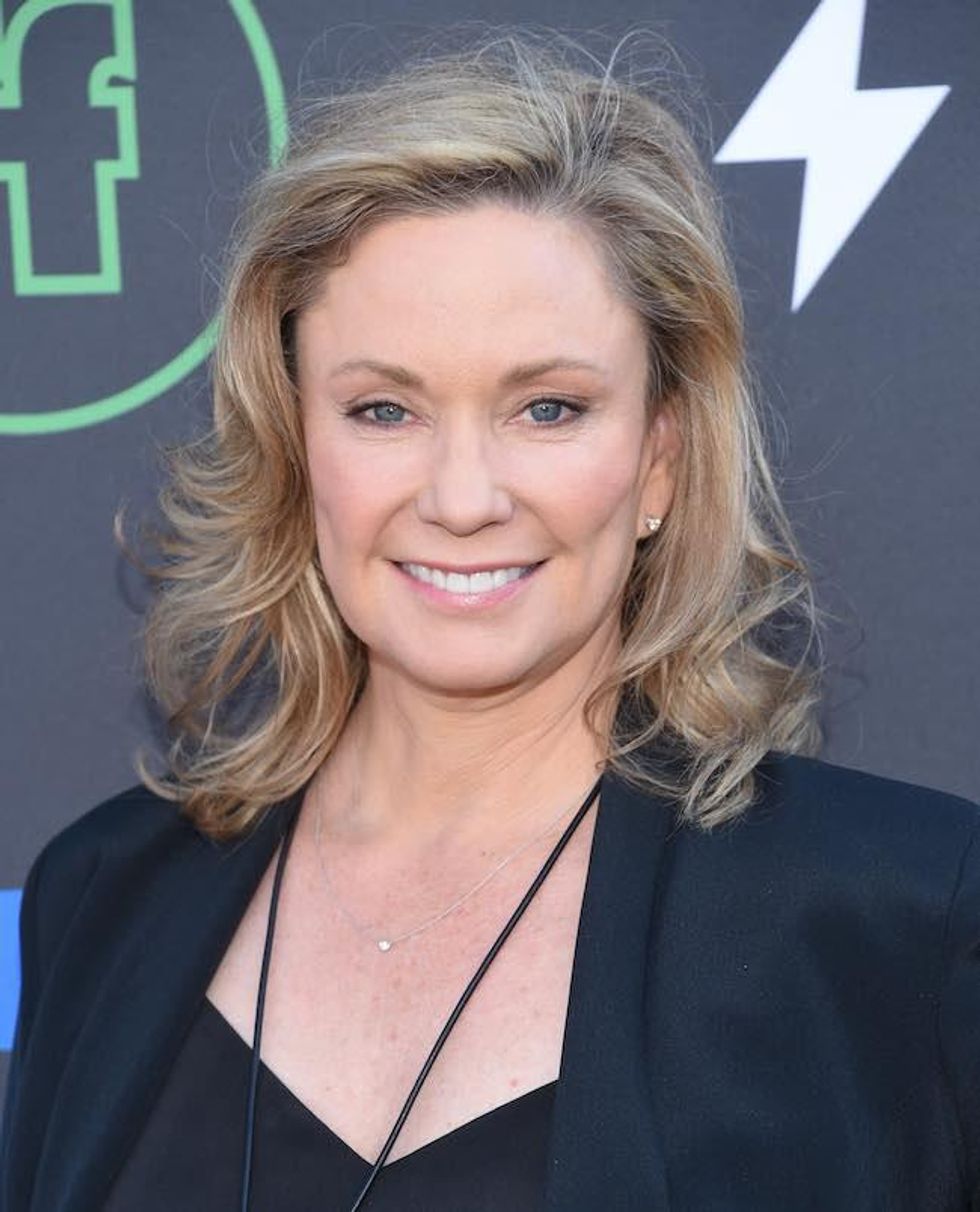
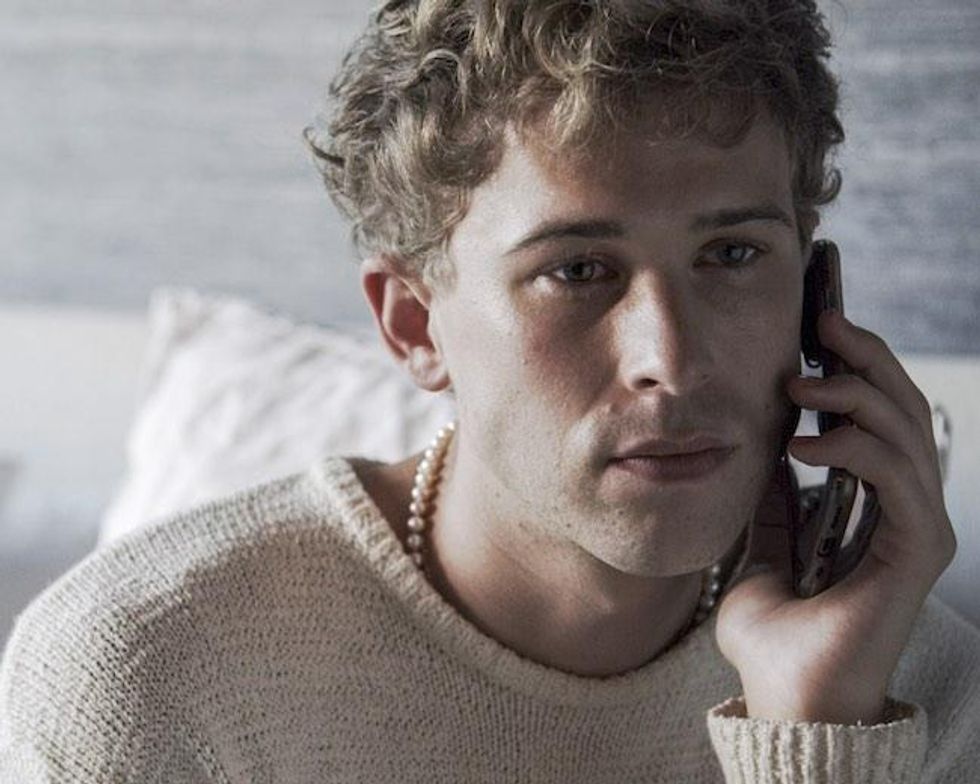









































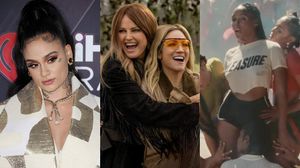



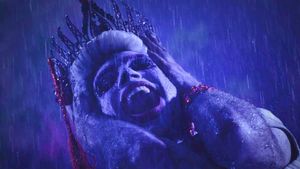




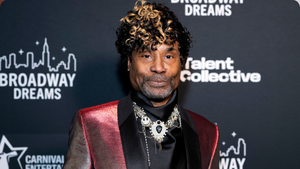
















Charlie Kirk DID say stoning gay people was the 'perfect law' — and these other heinous quotes